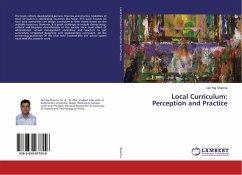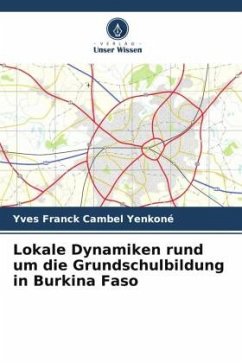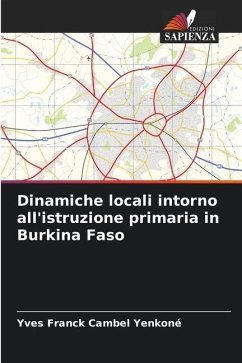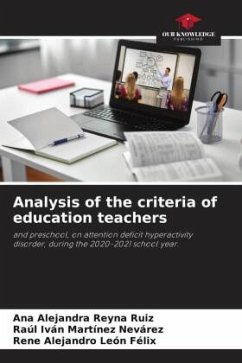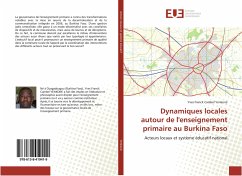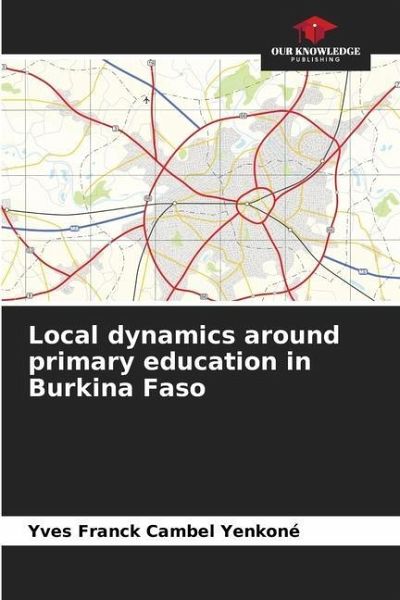
Local dynamics around primary education in Burkina Faso
Versandkostenfrei!
Versandfertig in 6-10 Tagen
29,99 €
inkl. MwSt.

PAYBACK Punkte
15 °P sammeln!
The governance of primary education in Burkina Faso underwent significant change with the implementation of decentralisation and full communalisation in 2006. It has moved from centralised management to decentralised management, with its corollaries of systems and mechanisms, but also of deceptions and disappointments. As a result, the commune has become the ideal setting for the intervention of a wide range of actors, with a variety of typologies and affiliations. Can the local executive promote quality primary education in the rural commune of Saponé by coordinating the actions of the vario...
The governance of primary education in Burkina Faso underwent significant change with the implementation of decentralisation and full communalisation in 2006. It has moved from centralised management to decentralised management, with its corollaries of systems and mechanisms, but also of deceptions and disappointments. As a result, the commune has become the ideal setting for the intervention of a wide range of actors, with a variety of typologies and affiliations. Can the local executive promote quality primary education in the rural commune of Saponé by coordinating the actions of the various players, while preserving the social link?




